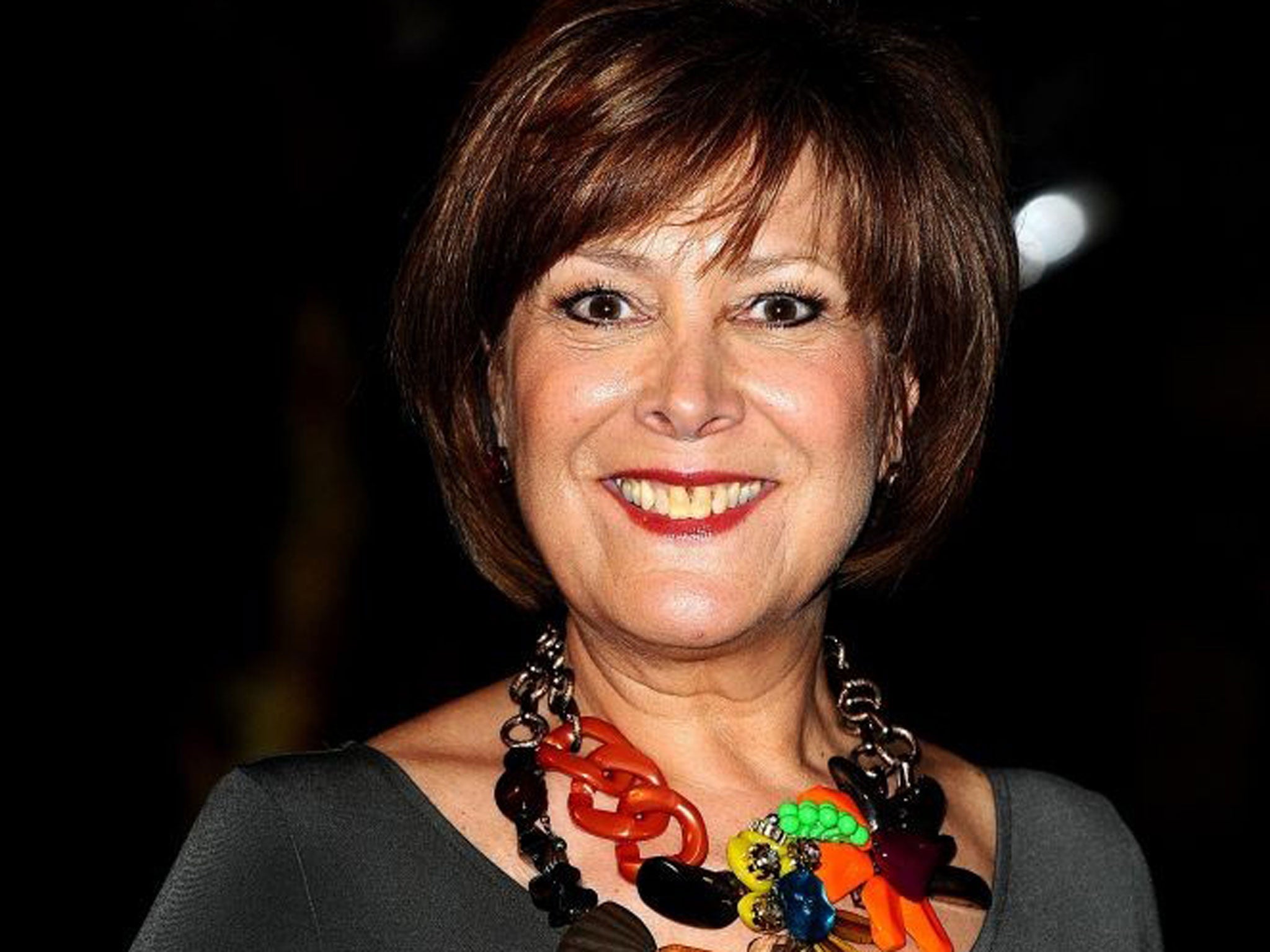Lynda Bellingham dead: Bowel cancer - what is it and what are the symptoms?
Around 40,000 new cases are diagnosed in the UK every year

Actress Lynda Bellingham has died of bowel cancer after announcing that she was stopping treatment for the disease.
She had been undergoing chemotherapy but said the time had come to “cease and desist” against the terminal illness.
Ms Bellingham, who was also known for her work as a presenter on Loose Women and other programmes, died aged 66 on Sunday.
She had been battling bowel cancer, also called colon cancer, for more than a year and it had spread to her lungs and liver.
It is one of the most common types of cancer diagnosed in the UK, with around 40,000 new cases every year, according to the NHS.
Almost one in 20 people in the country will develop it in their lifetime.
Risk factors include a diet high in processed meat and low in fibre, being overweight, lacking exercise, having a high alcohol intake and smoking.
Everyone between the ages of 60 and 69 in England is offered bowel cancer screening every two years, and the programme is currently being extended to those aged between 70 and 74. It can help detect bowel cancer before it causes obvious symptoms, which increases the chances of survival.
The most common way to treat it is a combination of surgery, chemotherapy, radiotherapy and medication, depending where the cancer is and how far it has spread.
“Overall, between seven and eight in every 10 people with bowel cancer will live at least one year after diagnosis and more than half of those diagnosed will live at least another 10 years,” an NHS spokesperson said.
“Every year, around 16,000 people die as a result of bowel cancer.”
Charities including Bowel Cancer UK are working towards improved care and awareness of the disease.
A spokesperson for the charity said early diagnosis of the illness can be a problem because of the nature of the symptoms.

“Bowel cancer survival rates in the UK lag behind the rest of Europe, mainly because people are unaware of the symptoms of bowel cancer or are uncomfortable talking about them, so are diagnosed late,” he added.
"Each year, thousands die unnecessarily."
For more information on bowel cancer and its symptoms, click here.
Join our commenting forum
Join thought-provoking conversations, follow other Independent readers and see their replies
Comments